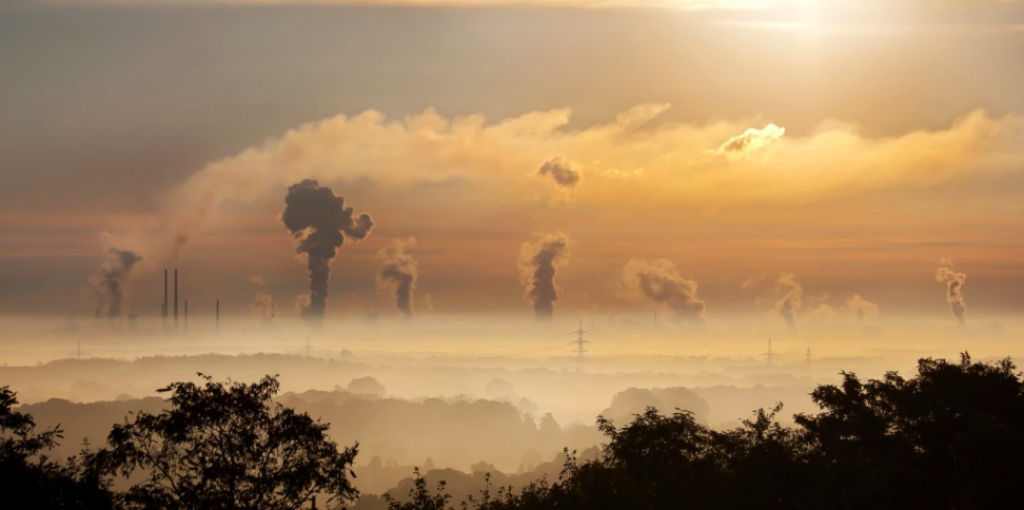This debate concerns the relative efficacy of state and non-state actors in delivering the scale and speed of greenhouse gas emissions reductions deemed necessary to stabilise the climate. Liliana Andonova argues that increasing numbers of non-state actors—companies, associations , advocacy organisations, cities, regions—are, de facto, taking on formal and informal responsibilities for reducing emissions of greenhouse gases. The implementation of emissions reductions implies a behavioural change across industry and society and so non-state action is essential for effective emissions reduction. Alternatively, Kim Coetzee argues that states still hold sway over significant regulatory, investment and behavioural policies that hold more promise for enabling far-reaching change. The changes to modern living which are required are of such a nature and scale that state actors are best positioned to intervene directly at a system-level.
For more information, please click here


